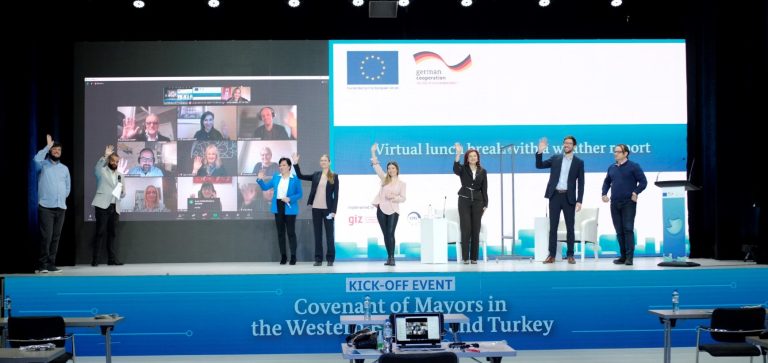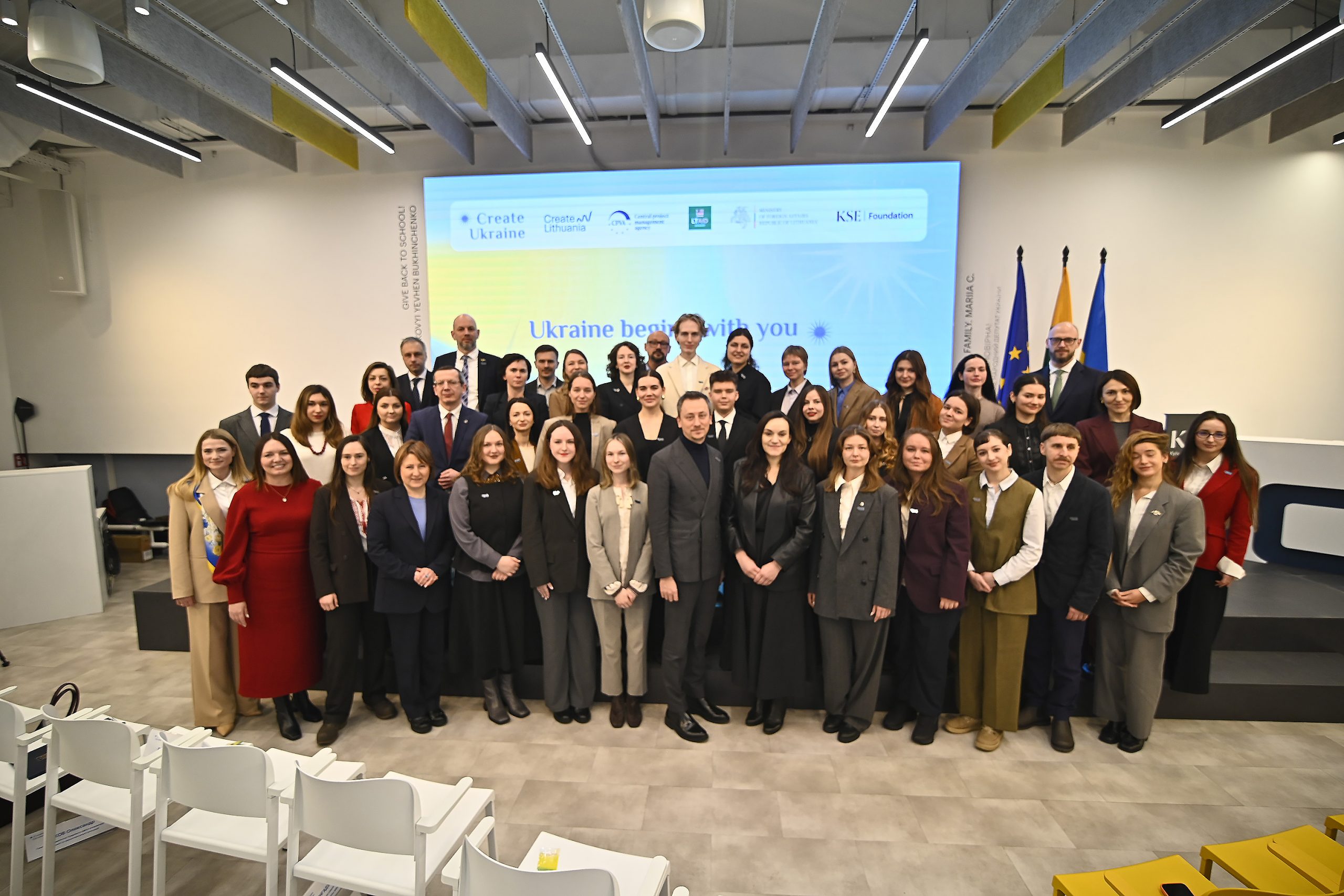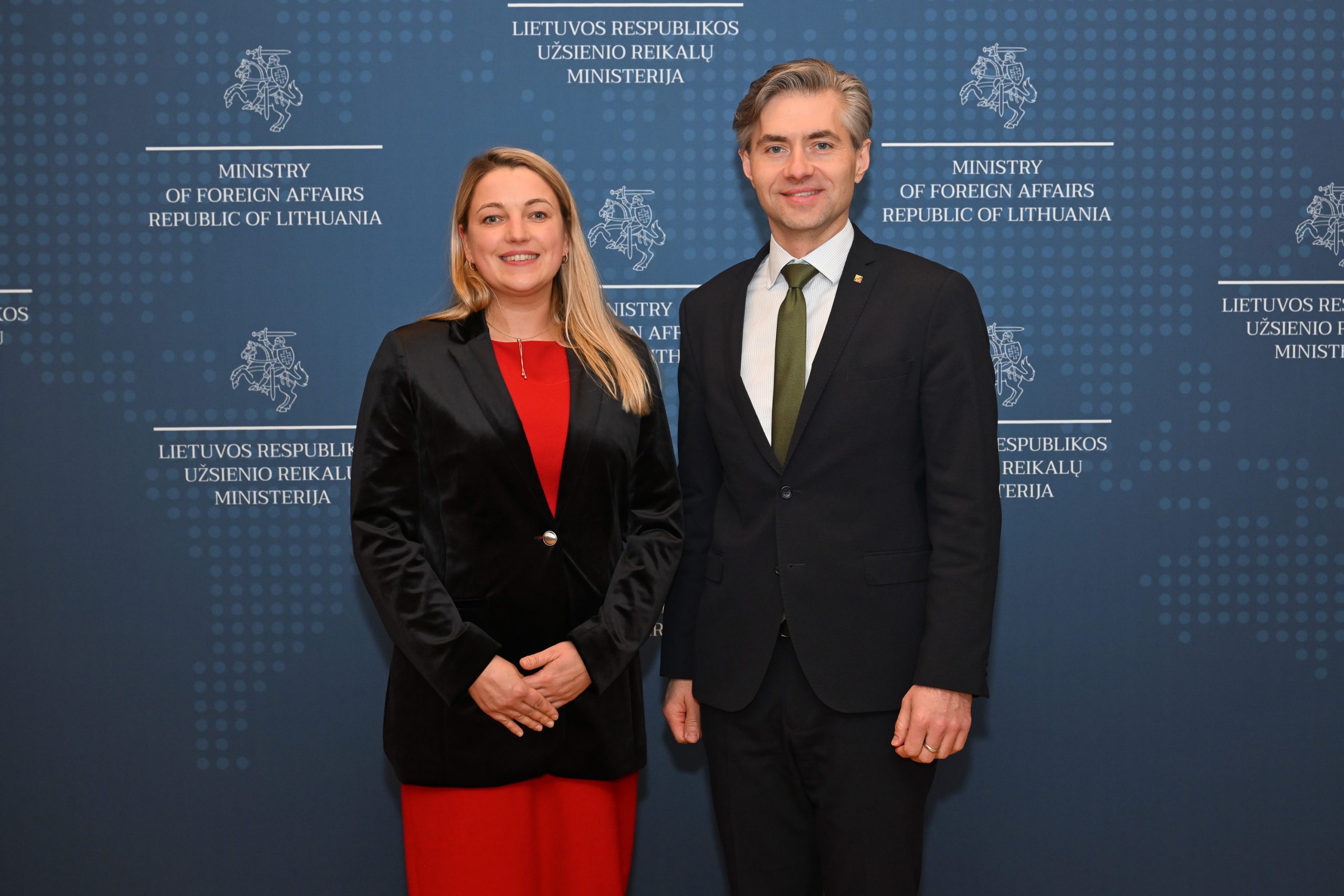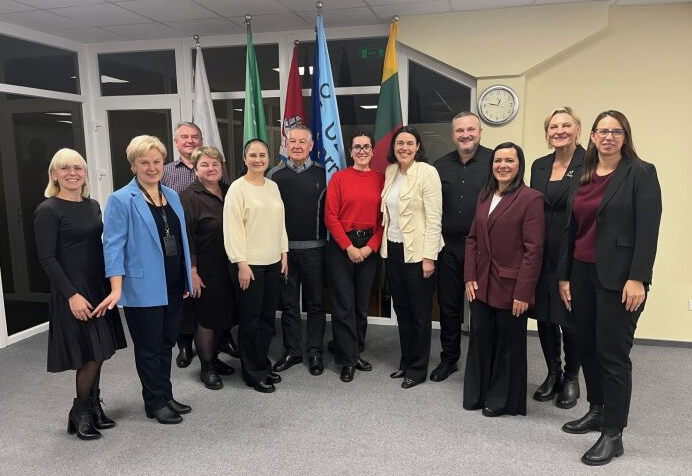Cities of the Western Balkans, Turkey and the European Union exchanged good practices in tackling climate change and supporting the local energy transition at a half-day conference held to mark the launch of the EU4 Energy Transition: Covenant of Mayors in the Western Balkans and Turkey project.
The goal of this project is to deliver on the energy transition and to tackle climate change in the Western Balkans and Turkey through supporting cities of the region in fulfilling their energy and climate commitments.
The Covenant of Mayors for Energy and Climate Change is a global alliance of cities who share a long-term vision of supporting climate action and building resilient and low-carbon societies. Supported cities commit to preparing and implementing a Sustainable Energy and Climate Action Plan (SECAP) in which they will pledge to reduce GHG emissions by at least 40 per cent by 2030 and improve their resilience to the impacts of climate change.
The initiative will also support the implementation of small-scale infrastructure projects in selected municipalities, which will aim to demonstrate how cities can simultaneously tackle climate change and improve the well-being of their citizens. Additionally, the promotion of regional cooperation and multi-level governance will strengthen the project’s long-term sustainability.
During the opening event Roberto Estellés Colom, representative of the European Commission Directorate-General for Neighbourhood and Enlargement Negotiations (DG NEAR), highlighted that “the extension of the Covenant of Mayors to the Western Balkans and Turkey is an important tool to implement the Green Agenda for the Western Balkans. Endorsed by the Western Balkan leaders at the Sofia Summit on 10 November 2020, the Green Agenda is a new growth strategy for the region, leaping from a traditional economic model to a sustainable economy, in line with the European Green Deal. The Covenant of Mayors shall support delivering on the Green Agenda goals to align the region with the EU’s 2050 ambition to make Europe a carbon neutral continent, including by fighting pollution of air, water and soil”.
On behalf of Deutsche Gesellschaft für Internationale Zusammenarbeit (GIZ), Dr. Natalija El Hage, Country Director for Bosnia and Herzegovina and Montenegro stated during the event: “Compared to the EU average, the Western Balkans produce ten times the amount of CO2 needed to generate the same gross domestic product. Therefore, on behalf of the German Federal Government and multilateral partners such as the EU GIZ provides technical support and expertise to the Western Balkans in tackling the challenges of climate change and energy transition.”
Director of Central Project Management Agency (CPMA) Lithuania, Ms Lidija Kašubienė welcomed event participants and encouraged to follow key factors of successful project implementation path – starting with „coordination and contribution at European, regional, national and local levels, raising awareness and being pro-active, engagement and ambition for the systematic climate and energy planning.
In addition to introducing the project background and objectives, examples of successful climate action at city level were presented at the conference. During a panel session, mayors of the region exchanged their perspectives on the challenges faced in designing and implementing effective climate policies and discussed the way forward to achieve a successful energy transition at the local level.
The event was attended by project beneficiaries, partners, donors, and representatives of the implementing organisations. The project is co-financed by the European Union and the German Federal Ministry for Economic Cooperation and Development (BMZ) and in the Western Balkans it is implemented by GIZ within the Open Regional Fund for South-East Europe – Energy, Transport and Climate Protection, in Turkey – by the Central Project Management Agency (CPMA). Project implementation started in March 2021 and will last for 48 months with total project volume of 9.335 MEUR. Since March, the internal work and operational structure of the project has been set up, and stakeholder networks were established both in Western Balkans and Turkey.








